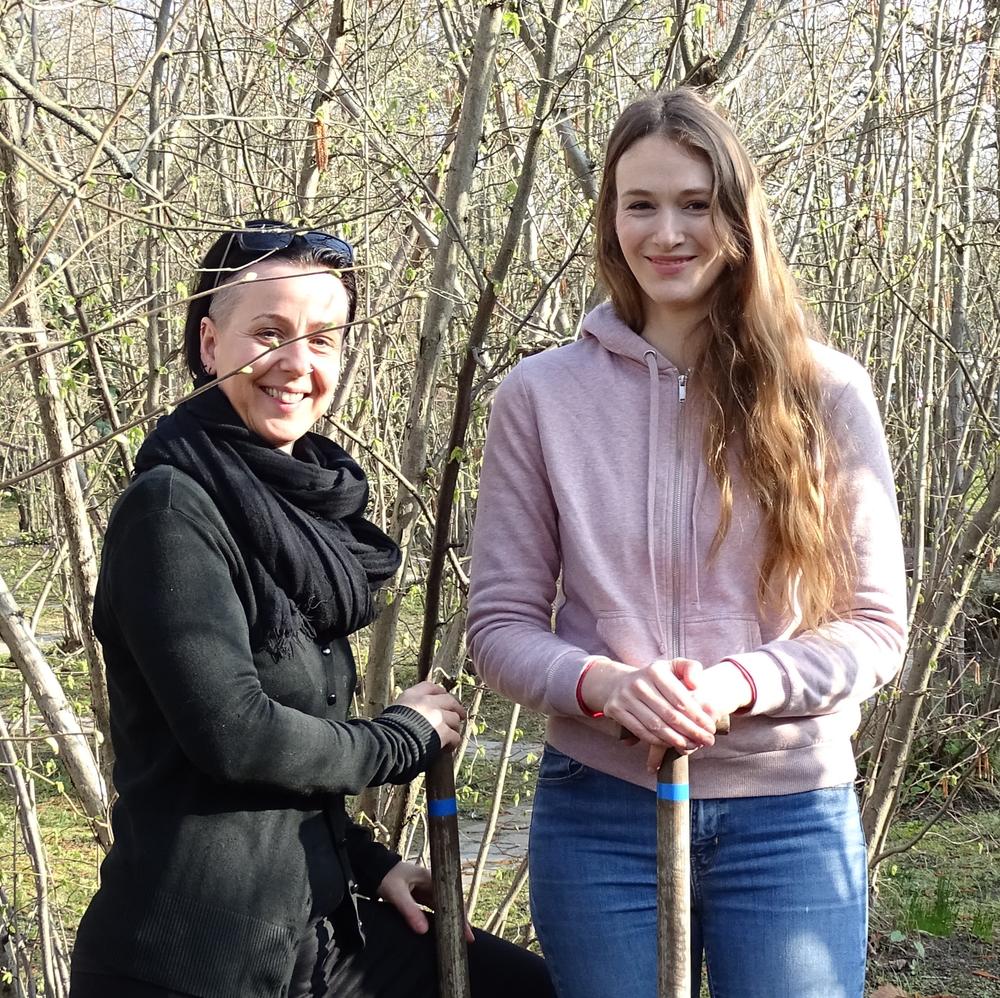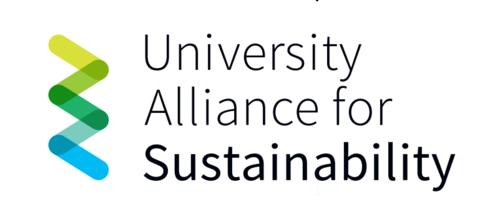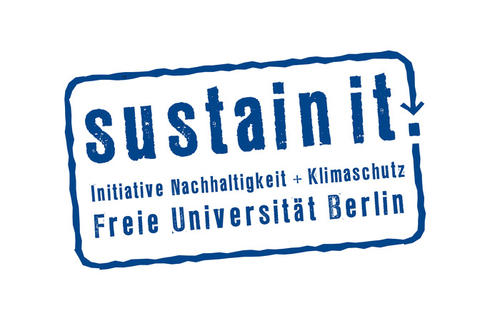Mini Forest for FU Berlin
The Team
Janet Wagner is a librarian, trainer in "Education for Sustainable Development", from the Communication and Marketing Department; Sustainability at the University Library, an active member of the Blühender Campus core team, and also actively involved in the Blätterlaube initiative.
Rebecca Rongstock is a doctoral candidate in ecology, researching global change, particularly in urban contexts; she is the spokesperson and overall coordinator of the Blühender Campus and Biodiversity Manager at the Sustainability and Energy Department.
We have considerable experience implementing (FUturist) projects at Freie Universität Berlin and have enjoyed every phase, both highs and lows. We've maintained our sense of humor even during setbacks and have grown through our tasks. The Tiny Forest will be our next joint endeavor - we're looking forward to the selection process, digging and planting, networking, and sharing our learning outcomes and the resulting space!
The Project Idea
In the Futurist project, a Tiny Forest, or mini-forest, will be planted on the Dahlem campus. Regional trees and shrubs will be used to create more habitat for biodiversity and provide a green learning and meeting place. Plants help create a cooler microclimate, thus mitigating the urban heat island effect.
Approximately 120 trees will be planted in a small area. The fast growth of native species quickly creates a natural space using the Japanese Miyawaki method, where young plants compete for sunlight due to dense planting, resulting in rapid growth into a small forest. This approach could also be suitable for a freshly sealed area.
The benefits of a Tiny Forest are clear: In addition to positive impacts on biodiversity and urban climate, planting promotes soil water retention capacity, improves air quality through photosynthesis, and stores CO2 in the soil. The idea can be linked with university teaching in a reciprocal manner: students can become part of the campus design process within two courses on Campus Nature and Sponge City principles, and an existing Tiny Forest can be used as a learning space in teaching.
Conclusion and outlook
So far, there are no "Tiny Forest" (Mini-Wald) projects at larger universities and colleges. FU Berlin was a pioneer in this field as part of the Biodiversity Year.
The Mini-Wald project should serve as an example for further green spaces in the Steglitz-Zehlendorf district, demonstrating that mini-forests in urban areas are a way to promote biodiversity on smaller areas. At the same time, it demonstrates how fast-growing young trees and native shrubs can create more urban greenery: visible, walkable, and environmentally educational with on-site information for civil society.
The Mini-Wald thus becomes a measure showing how adaptations to climate change can be made, simultaneously improving teaching and learning, and overall well-being through nature experiences.
Our short film (as of May 2025) shows the planting campaign on November 30, 2024, and provides a glimpse of the growth after six months: Together with many other enthusiasts, we planted regional trees and shrubs on the grounds of the continuing education center. Click here to watch the film.
Contact
Janet Wagner - janet.wagner@fu-berlin.de
Rebecca Rongstock - r.rongstock@fu-berlin.de





